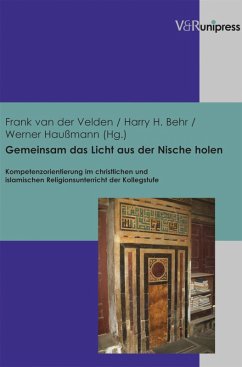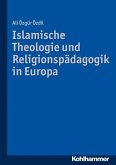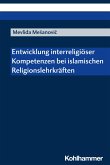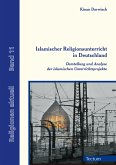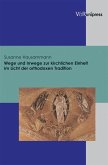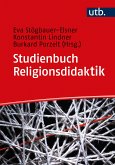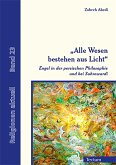With what compentencies are our A-level students equipped in terms of their own religion and religiousness when they have completed their religious education? What is required of a teacher's religious practice in terms of philosophy, psychology, sociology, natural sciences etc.? How can a teacher prevent a division of the world into a "house of religion" and a "house of sciences"? This volume is the first to lay the foundations for a theological and pedagogical concept for competency-based Islamic A-level religious education. The authors comment on this concept from the perspective of catholic and protestant religious education, give their views on the competency horizons of students and extrapolate from 8th-century Christian/Islamic inter-religious dialogue competency-based scripture lessons for religious education. The volume is supplemented with teaching concepts drawn from practical exercises in class.
Dieser Download kann aus rechtlichen Gründen nur mit Rechnungsadresse in A, B, BG, CY, CZ, D, DK, EW, E, FIN, F, GR, H, IRL, I, LT, L, LR, M, NL, PL, P, R, S, SLO, SK ausgeliefert werden.

